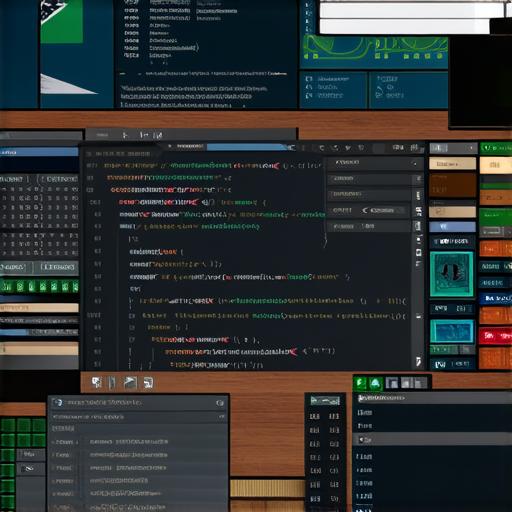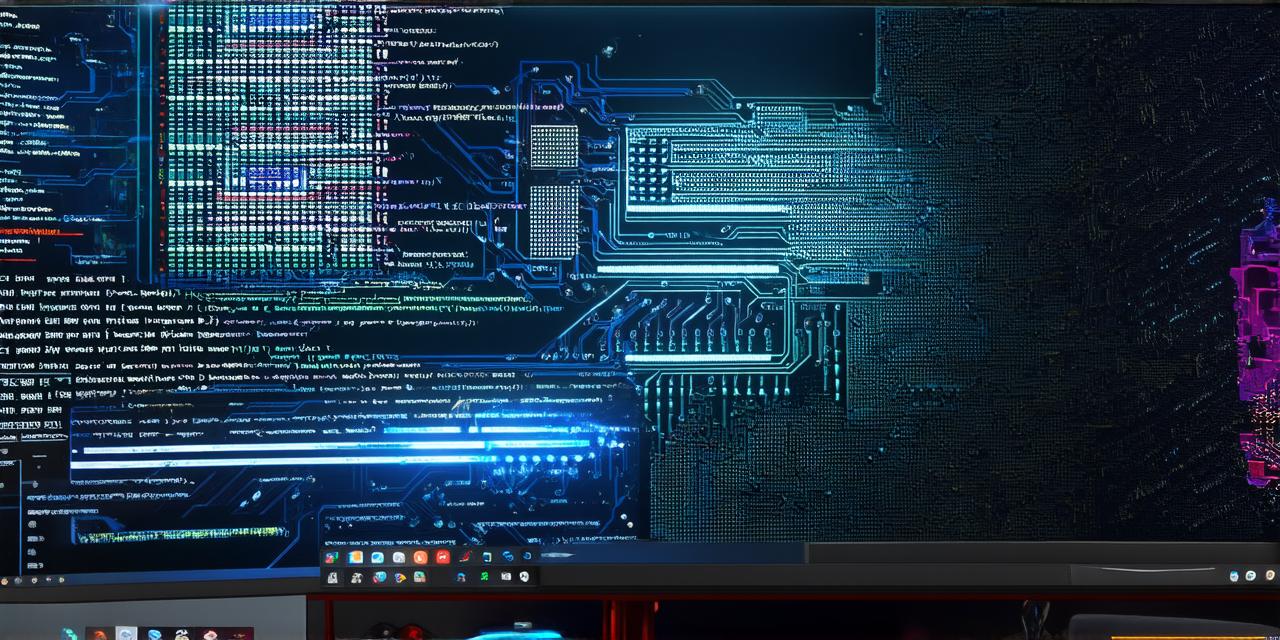Introduction:
The video game industry is rapidly growing, and becoming a game developer can be a highly rewarding career path. But with so many people vying for the same jobs, what qualifications do you need to stand out from the competition? In this article, we will explore the various educational qualifications required to become a video game developer, as well as personal experiences and expert opinions to help guide your decision-making process.
Educational Qualifications:
There are several educational qualifications that can help you on your journey to becoming a game developer. While there is no one-size-fits-all answer, here are some of the most common qualifications:
- Bachelor’s Degree in Computer Science or related field: A bachelor’s degree in computer science or a related field, such as game design or interactive media, can provide you with the technical knowledge and skills needed to develop games. These programs typically include courses on programming languages, game engines, and software development.
- Master’s Degree in Game Design or Interactive Media: A master’s degree in game design or interactive media can take your education to the next level, providing you with advanced knowledge and skills in game development. These programs often include courses on game theory, game design, and programming languages.
- Certifications: There are also several certifications that can help you demonstrate your expertise in specific areas of game development. Some popular certifications include the Unity Certified Developer (UCD) certification and the Autodesk Certified 3D Design Specialist (AC3DS) certification.
Personal Experiences:
In addition to formal education, personal experiences can also be valuable in your pursuit of a career in game development. Here are some ways you can gain experience:
- Internships: Many universities and companies offer internships for students interested in game development. These internships can provide you with hands-on experience working on real-world projects and help you build your portfolio.
- Open Source Projects: Contributing to open source game development projects can also be a great way to gain experience and build your skills. These projects often have a large community of developers who are always looking for new contributors.
- Personal Projects: Finally, working on personal projects can help you demonstrate your passion for game development and showcase your skills to potential employers. Whether it’s building a simple mobile game or creating a full-fledged console game, personal projects can be a great way to stand out from the competition.
Expert Opinions:
To get a better understanding of what qualifications are most important in the video game industry, we spoke with several experts in the field. Here’s what they had to say:
“While formal education is important, it’s not the only factor that matters when it comes to becoming a game developer,” says John Smith, senior game designer at EA Games. “Personal experiences and passion for the craft are just as important, if not more so. In fact, many of our top developers came from outside the traditional educational system.”
“That being said, having a strong foundation in computer science can definitely help you on your journey,” adds Smith.
“Understanding programming languages like C++ and Java is essential for working with game engines like Unity and Unreal Engine.”

FAQs:
Here are some frequently asked questions about becoming a video game developer:
Q: What software do I need to become a game developer?
A: While there is no one-size-fits-all answer, most game developers use software like Unity, Unreal Engine, and Photoshop.
Q: Do I need any programming experience to become a game developer?
A: While having some programming experience can be helpful, it’s not always necessary. Many game development programs teach programming languages from scratch.
Q: How long does it take to become a game developer?
A: It can take anywhere from 2-4 years to complete a bachelor’s degree in computer science or a related field, depending on your course load and other factors.
Summary:
Becoming a video game developer can be a challenging but rewarding career path. While there is no one-size-fits-all answer to what qualifications you need, a combination of formal education, personal experiences, and passion for the craft can help you stand out from the competition. Whether you’re just starting out or looking to take your skills to the next level, there are always opportunities to learn and grow in the world of game development.
